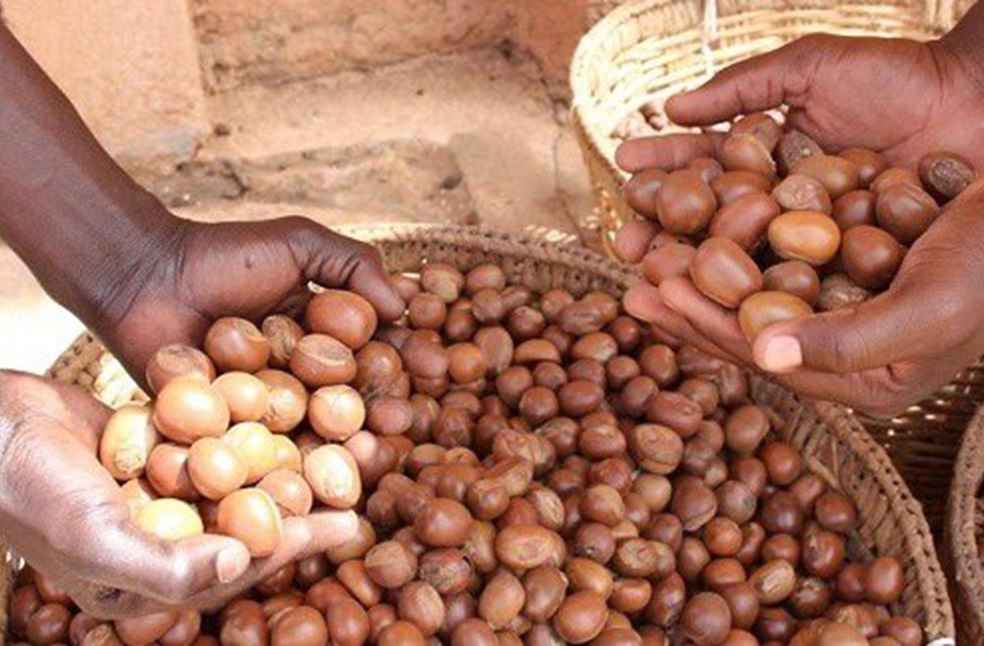The Ghana Shea Employers Association (GSEA) is urging the government to implement a ban on raw shea nut exports from Ghana, emphasizing the need to safeguard the nation’s shea industry. The association reports that some foreign entities are exporting raw shea nuts to other countries, resulting in the loss of potential economic benefits for the country.
They emphasized that processing raw shea nuts within the country not only generates employment but also fortifies local value chains, with women being the primary beneficiaries.

“The current model keeps women, who are the backbone of the shea sector, stuck at the lowest end of the value chain. It limits their income, hinders their advancement, and perpetuates a cycle of poverty and inequality that they have faced for far too long,” Madam Rabiatu Abubakari, President of GSEA, stated during a press conference in Tamale. She also raised concerns that foreign exports of raw shea nuts are harming the livelihoods of local collectors, processors, and exporters.
Madam Rabiatu observed that foreign entities frequently buy shea nuts at rates higher than the typical market price, creating challenges for local businesswomen to remain competitive and disrupting market stability.
Additionally, she revealed that exporting raw shea nuts causes Ghana to lose as much as 300% of the prospective economic value, including job opportunities, industrial advancement, and crucial tax revenues vital for the country’s development.

“We are not saying they shouldn’t buy shea nuts, but rather we want them to purchase the nuts for processing into butter, which can then be exported as a finished product. Our concern arises when they send the raw nuts outside the country,” Abubakari added.
The GSEA President appealed to the government to empower women by implementing inclusive policies that enhance access to funding, practical training, and essential technology, enabling them to progress within the value chain.
TEXTILE & APPAREL | Bangladesh Halts Yarn Imports from India through Major Ports



